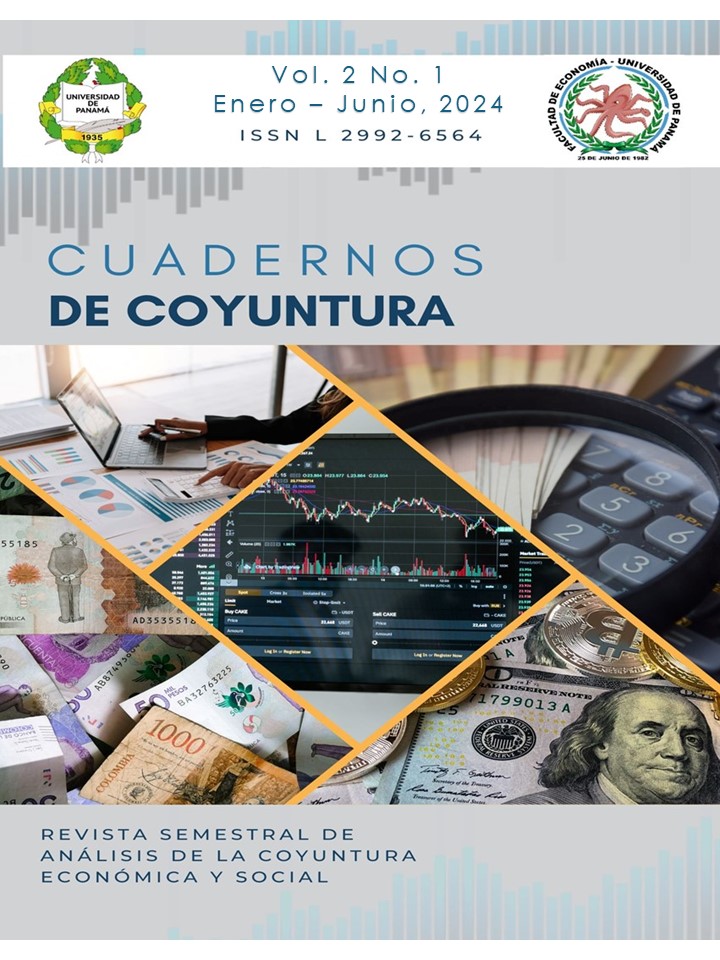

Education develops a relevant role in society given that its objectives have to do with its functions of satisfying the country's need for professionalization, the production of knowledge, the articulation with social demands and the increase in the cultural level of the country, therefore that it is useful to analytically understand the problem of governance: internal and external in the university environment. This article is an approach to the Panamanian reality based on a theoretical-methodological approach, through the analysis of the Social Progress Index in Panama, in access to higher education in the dimension of opportunity and its evolution over a period of five years; As a conclusion to this analysis, it can be mentioned that higher education must guarantee the well-being of the student by ensuring quality in their training process, to meet the demands of the labor market and the development of sustainable well-being.